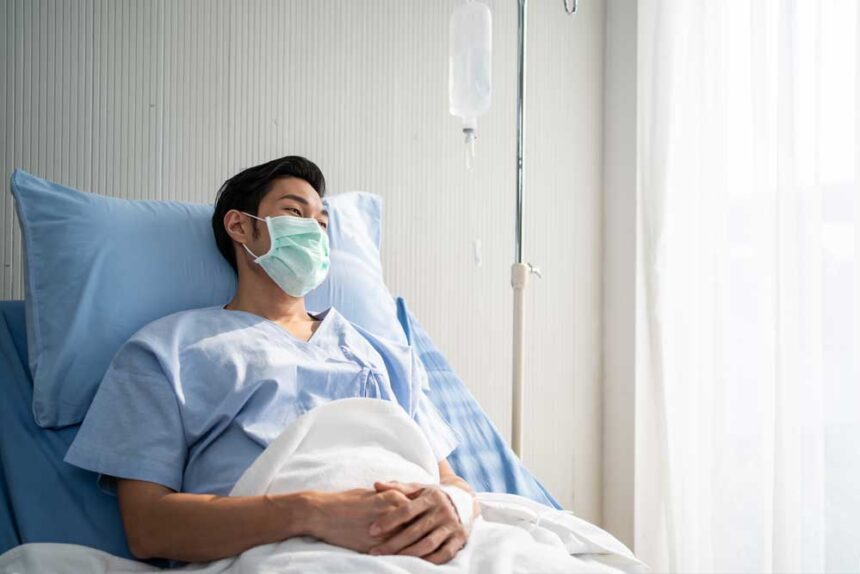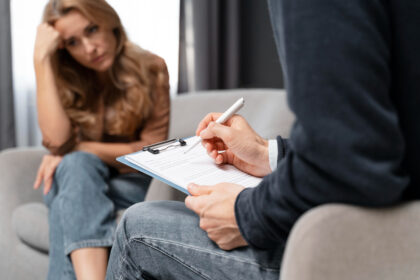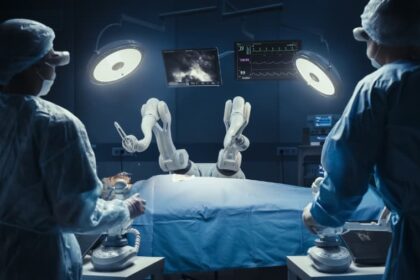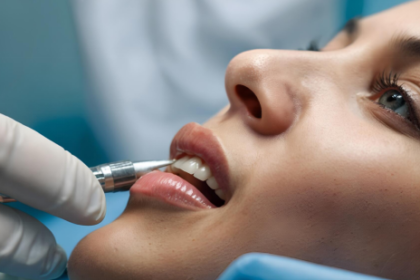A colonoscopy is a standard procedure used to assess digestive health and detect potential issues. Understanding what to expect during recovery can help provide peace of mind. Following your doctor’s aftercare instructions is key to a quick and comfortable recovery.
Recovery and Monitoring
After your colonoscopy, medical staff will move you to a recovery area to monitor your vital signs and overall condition. If you received sedation, you might feel drowsy or disoriented. The team will check your blood pressure, heart rate, and oxygen levels regularly. You’ll stay in recovery until the sedation wears off, usually within 30 minutes to two hours. During this time, you may experience mild cramping or bloating from the air introduced into your colon, but this discomfort usually decreases as the air is expelled. Before you leave, staff will confirm you’re alert and walking steadily.
Common Side Effects
Several side effects are common after a colonoscopy, and understanding them will help you know what to expect during recovery. Bloating and gas are the most frequent complaints, caused by air introduced during the procedure. Gentle walking can help move trapped air through your digestive system and ease discomfort. Many patients find that light movement works better for relief than staying still.
Fatigue is another common symptom, especially if sedation was used during the procedure. Drowsiness may last for several hours, so it’s often helpful to have someone drive you home and stay with you for the rest of the day. Mild cramping or a sense of fullness in the abdomen can also occur, but usually resolves within a few hours as your body returns to normal. Avoid making major decisions or operating machinery until the next day.
Activity Restrictions
Your healthcare provider will guide you on when and what to eat after your colonoscopy. Most patients resume eating shortly after the procedure, starting with light, easily digestible foods. Gradually transition back to your normal diet as your body adjusts.
Start with foods like crackers, toast, or clear soups, and stay hydrated by drinking plenty of water. Avoid alcohol for at least 24 hours, as it can interact with any remaining sedation. If tissue samples are taken or polyps removed, your doctor may advise you to avoid certain foods or activities to aid in healing.
Most people can resume normal activities the day after their colonoscopy. Avoid heavy lifting or strenuous exercise for 24 to 48 hours, particularly if polyps were removed. Following your doctor’s instructions carefully will help with a smooth recovery.
Contact Your Provider
Complications from a colonoscopy are rare, but certain symptoms need immediate attention. Call your healthcare provider if you have severe abdominal pain, heavy bleeding, a fever over 100.4°F (38°C), or persistent vomiting. Minor spotting of bright red blood is normal, especially after biopsies or polyp removal. However, report significant bleeding or large amounts of blood right away. These symptoms may signal a serious complication that requires prompt evaluation.
Support Colonoscopy Recovery
Post-colonoscopy care involves resting and monitoring for any unusual symptoms while your body returns to its normal state. Most patients recover quickly and resume their routines within a day. Stay in touch with your healthcare provider for results and follow-up care. Completing a colonoscopy is a step in maintaining your digestive health.









